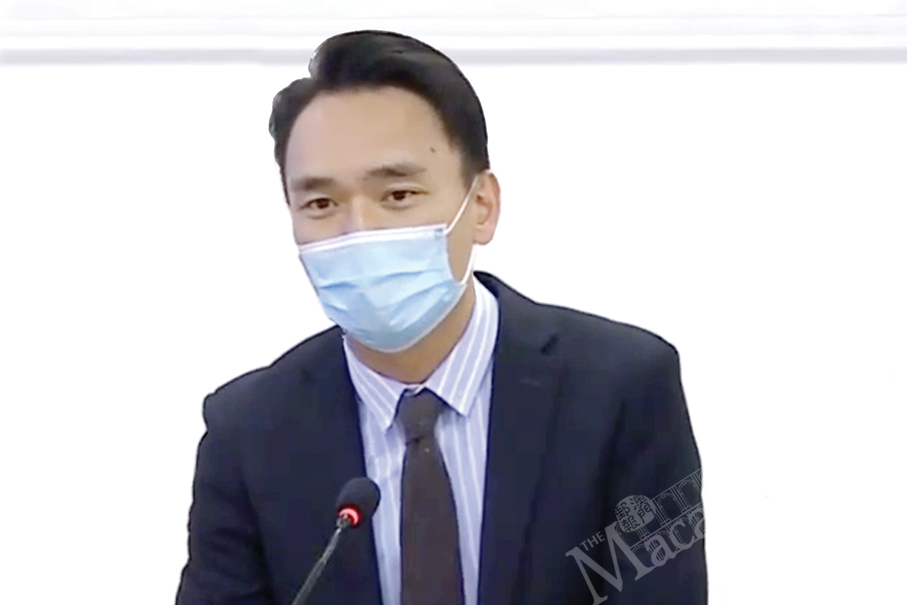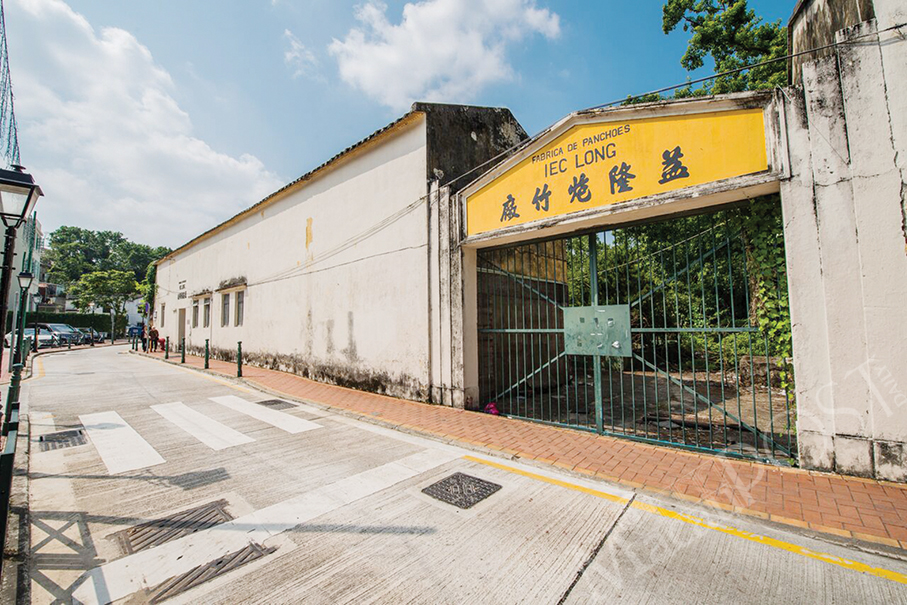Addressing yesterday’s press conference about Macau’s novel coronavirus situation, Education and Youth Affairs Bureau (DSEJ) Deputy Kong Chi Meng announced that children enrolled in kindergartens can only attend their classes in the new school year – which will start next month – from the age of three, as it is not suitable for those aged below three to wear a facemask.
According to Kong, some 1,000 K1 pupils will be affected by the measure – i.e. they will not yet be the minimum age when the new school year starts next week.
In Macau, customarily three-year-old children start kindergarten – i.e. K1. However, due to their different birth dates, until the COVID-19 pandemic some kids a few months younger than three were also allowed to enrol in K1.
Due to the stricter age requirement for K1, according to Kong, the affected K1 pupils will not be allowed to go to their kindergarten lessons next week, and instead will start their kindergarten lives step by step – depending on when they reach the age of three.
Kong said that DSEJ officials have decided on the strict age requirement for kindergartens after a meeting with the principals of all schools yesterday morning when they discussed the issue of pupils returning to school after the summer holiday, including arrangements for kindergarten pupils who will resume classes for the first time since the Chinese New Year holiday in late January.
Kong said that most of the city’s schools will start their 2020/21 academic year classes between September 1 and 16. Among the about 1,000 affected K1 pupils, about 500 will reach the age of three and go to their K1 classes in one month’s time after the start of the new school year, Kong said, adding that the last batch of the affected children will be able to go to their classes up to three months later.
Kong said that while the government is aware that the measure for kindergartens will cause inconvenience to some parents, it is urging them to show understanding as it has to carry out COVID-19 prevention measures with pupils’ safety as the primary consideration.
Kong said that parents didn’t need to worry that the measure will affect the learning of their K1 class children, because kindergartens hardly teach K1 pupils any specific school subjects, and instead they are primarily taught how to live a disciplined life and get along with other children, such as through games.
Alvis Lo Iek Long, a clinical director of the public Conde de São Januário Hospital Centre, pointed out that the World Health Organisation (WHO) suggests that children aged below five should not wear a facemask, while the National Health Commission (NHC) suggests that only children aged at least three can wear a facemask.
Lo said that kids aged below three are unable to wear a facemask properly, in which case wearing a facemask not only cannot protect them from COVID-19 or other respiratory diseases, but even further increase the risk of infection.
Macau has not recorded a new COVID-19 case for 62 days, while no local case has been confirmed in 151 days, Lo noted.
New measure for cross-border pupils’ COVID-19 testing fee
Meanwhile, Kong also announced that the Macau government will roll out a new measure for Macau cross-border pupils who undergo their nucleic acid tests (NATs) in designated medical institutions in Zhuhai. Different from the previous arrangement in which they had to pay the testing fee first before claiming back the money by submitting the receipts to their respective schools, from the upcoming new school year they will no longer need to pay the fee when undergoing their COVID-19 tests at five of the officially recognised medical institutions in Zhuhai.
Cross-border pupils need to be tested for COVID-19 every seven days but are exempted by the Macau government from paying the testing fee – regardless of choosing to undergo the tests in Macau or Zhuhai. Previously, those choosing to undergo their COVID-19 tests in Zhuhai had to pay the testing fee first before claiming the money from the Macau government.
Kong said that the new measure can be rolled out thanks to discussions between the Macau government and its Zhuhai counterpart.
Subsidised crèches to remain closed
Meanwhile, Choi Sio Un, who heads the Social Solidarity Department of the Social Welfare Bureau (IAS), announced during yesterday’s press conference that the government has decided that the city’s government-subsidised crèches (also known as day nurseries) will not resume their service in the new school year, considering that it is not suitable for children aged below three to wear a facemask so that they run the risk of easily getting infected with COVID-19.
Choi said that as in the last few months, parents can apply for their young children to be looked after at their respective crèches – which have been closed since early this year when the COVID-19 epidemic emerged in Macau – if there is no one at home to look after them while their parents are working. Choi was quick to urge parents to arrange for their children to be looked after at home if they can.
21st round of facemask sales
Meanwhile, the 21st round of the government’s facemask purchase scheme, which will last 30 days, will start on Sunday. The facemasks sold under the scheme are colloquially known as “government facemasks”.
The government changed the duration of each round of its facemask purchase scheme from the original 10 days to 30 days at the current 20th round, which started at the end of last month.
Under the 30-day scheme, each local resident and non-resident worker is entitled to buy 30 facemasks at the fixed price of 24 patacas at designated outlets upon presentation of their original Macau ID card or work permit (informally known as a “blue card”).

Education and Youth Affairs Bureau (DSEJ) Deputy Director Kong Chi Meng addresses yesterday’s press conference about the city’s novel coronavirus (COVID-19) situation. Photo: GCS










